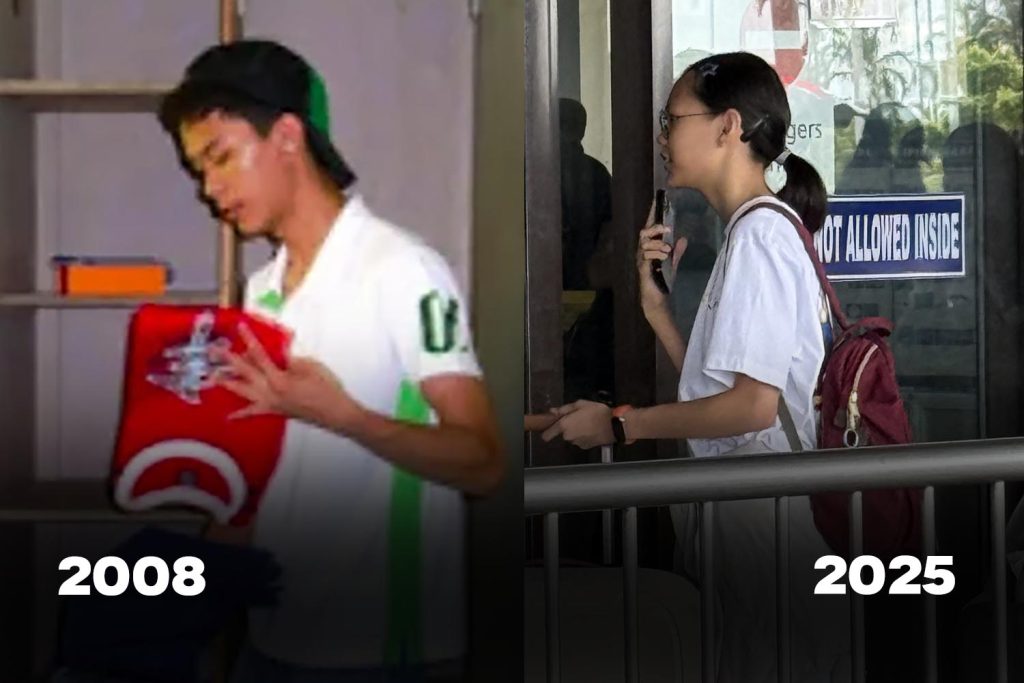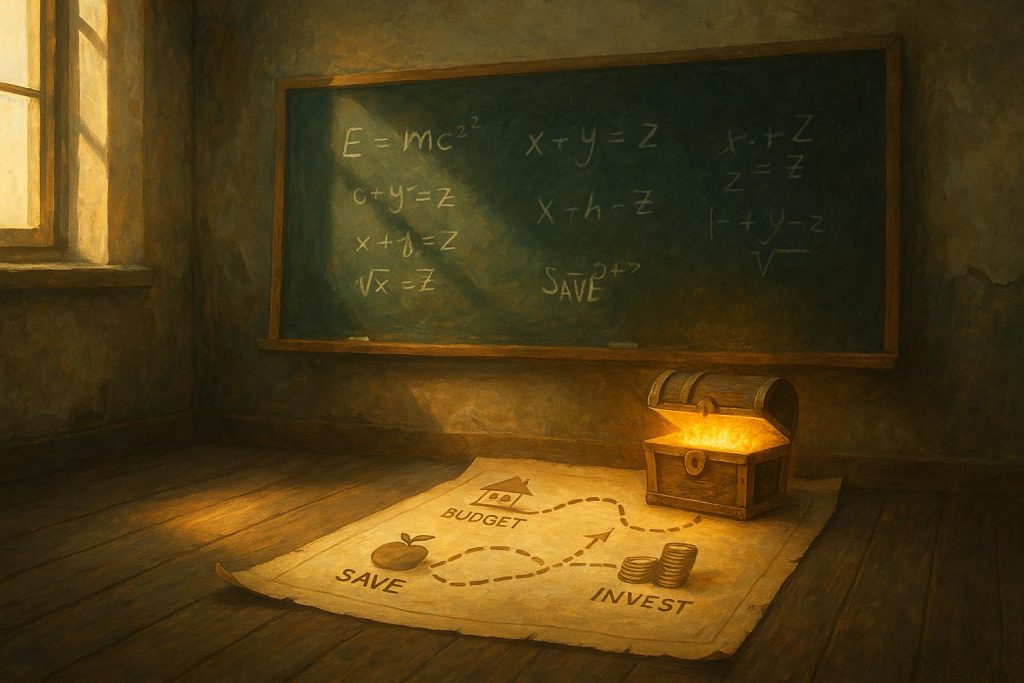A few days ago, I watched “The Platform,” a story about people in a prison who were served food in levels. Those at the top would get a good fill, but those at the bottom would have nothing left. In desperation, those in the bottom cells would resort to Cannibalism.
It was a gruesome story and hard to watch. But after the movie, I couldn’t shake the feeling that I had read something quite related to this story. And of all places, I had read about it in the Bible…
That’s In the Bible???
True enough, I did a quick search and landed on 2 Kings 6:28-7:20. The story starts off with a famine in the time of a war in Samaria. As a result of the extreme hunger that plagued the land, two mothers had gotten into an argument after agreeing to eat their own children. Yes, that’s a story from the Bible!
The argument started when the two mothers agreed both their children would be eaten. But after one mother boiled her own child, the other mother hid her child. V29
“So we boiled my son and ate him. And on the next day I said to her, ‘Give your son, that we may eat him.’ But she has hidden her son.”
One would pick that story out of its context and brand it as heresy. But there’s a message to this mess.
The prophet Elisha- at this time- had foretold that because of Samaria’s sinful ways, great destruction would come. The kingdom and their king (couldn’t find his name) ignored the warning and continue in sin. As a result, they were besieged by Ben-hadad, King of Syria.
Trapped within their fortress, they were without access to all necessities including food. On top of that, famine struck them. The people were desperate. Case in point- the story of the cannibal mothers.
Whose Fault is It?
One thing that jumps out in the story is the response of the people of Samaria. It’s interesting that even though Elisha’s warning was clear and that the root of the crisis was the people’s sinful ways, they chose to blame others.
- The mothers who ate children: Blamed each other and in a sense the government.
- The king: Blamed Elisha. v31 “May God do so to me and more also if the head of Elisha the son of Shaphat remains on his shoulders today.”
- The servant of the king dispatched to kill Elisha: He blamed God v33 “This trouble is from the Lord! Why should I wait for the Lord any longer?”
The whole world is currently in a crisis now due to the current pandemic. And in the midst of calamity, people might try to blame others- the government, each other, spiritual leaders, even God. But at the end of the day- calamity happens because of sin. And sin is in the world because we are completely depraved and broken. The world is broken, we are broken.
God Delivers Still!
Thankfully, the story does not end there…
In 2 Kings 7:1 it says. “But Elisha said, “Hear the word of the Lord: thus says the Lord, Tomorrow about this time a seah of fine flour shall be sold for a shekel, and two seahs of barley for a shekel, at the gate of Samaria.” In other words, Elisha was prophesying that food would be sold for so cheap because of abundance.
Basically in our context, it would be like saying, “God’s going to pour out so much food on us that we’ll buy a cart full of groceries for PHP500!” True enough, later in the story, a group of lepers walk out of the gates in desperation to find that the army that was besieging them was gone and had left all their supplies- including food. Miraculously, God provided.
I realised that even in the midst of the sin, and stubbornness (unwillingness to admit it was their fault), God would still deliver. If that’s not grace, then I don’t know what is! What a God we serve! In essence, that’s what the Gospel is. We’re in yet another Holy Week- a time to remember the finished work of Jesus on the cross.
Why did Jesus have to die? Because if He didn’t, we would all be doomed. Not just to earthly crisis, but to an eternal one. We would be condemned to hell- which in case you didn’t know is a gazillion times worse than the scenario we’re in now.
But in God’s goodness, He made a way for us. He delivered.
If there’s anything I have learned from this crisis, it’s this basic but essential thesis:
- That we are broken and wretched. Therefore, we deserve all the worst things imaginable. Punishment, Coronavirus, death, and hell.
- God is always infinitely good. So much so that even in our wretchedness, He still chooses to deliver and save.
From a bird’s eye view, we realise that we were beyond rescuing. But in God’s faithfulness and omnipotence, He made a way when there was no other conceivable way.





